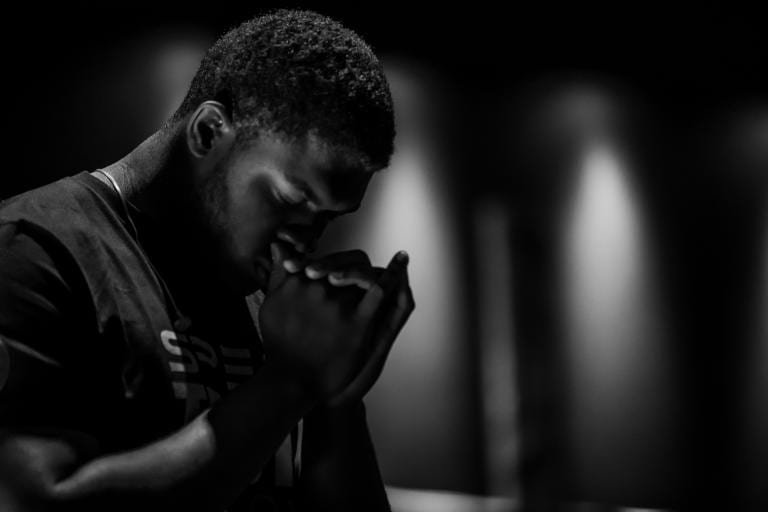 Some years ago The Harvard Business Review reported that 97% of all family-run businesses fail by the third generation. The article theorized that the reason for this rate of failure can be traced to the generational changes that take place in the lifespan of those businesses.
Some years ago The Harvard Business Review reported that 97% of all family-run businesses fail by the third generation. The article theorized that the reason for this rate of failure can be traced to the generational changes that take place in the lifespan of those businesses.
I no longer recall exactly how the article framed the analysis, but my memory of it and my version of the argument goes something like this:
The founding generation has the vision for a family business. It makes the necessary sacrifices. It is in in the effort for the long haul and the first generation gives the enterprise the kind of close attention that we associate with startups of that kind. “If we don’t care, no one will care,” is the motto of a founder.
Members of the second generation are the inheritors of the vision. They still know some of the stories associated with the effort to begin a new enterprise. They also participated – even if indirectly — in some of the sacrifices made. As such, they continue to share some of the motives that drove the founding generation and they retain some of that focus. Under their watch-care the circle of leadership is enlarged as the business itself grows. Authority is shared with others, but the challenge lies in cultivating a sense of responsibility in that new cohort of leaders.
The beneficiaries are the third generation. As I said earlier, it is, here, according to the article from in HBR that family businesses fail. The beneficiary generation can and sometimes does continue to shoulder responsibility for the enterprise. But all too often, beneficiaries take the family business for granted and treat it as an entitlement. It draws on the wealth generated by the enterprise, but far too often the third generation fails to develop the strengths of the company that is now theirs.
Why and how these generational cycles emerge is a complex question. Having reflected on the pattern, I’ve become convinced that these patterns surface in larger, more complex organizations; and often in organizations that are far older. Major initiative and interruptions can, it seems to me, begin a new generational cycle.
What leaders need to ask themselves is this: Are you a founder, an inheritor, or a beneficiary? There is room for leaders with a first and second generation mindset. Beneficiaries are always in danger of losing focus and sacrificing the gains made in the name of collecting their reward. The often troubling excuse given for that kind of behavior is “the new normal.” But that is often just that: an excuse.
Photo by sheelamohan used with permission from freedigitalphotos.net












